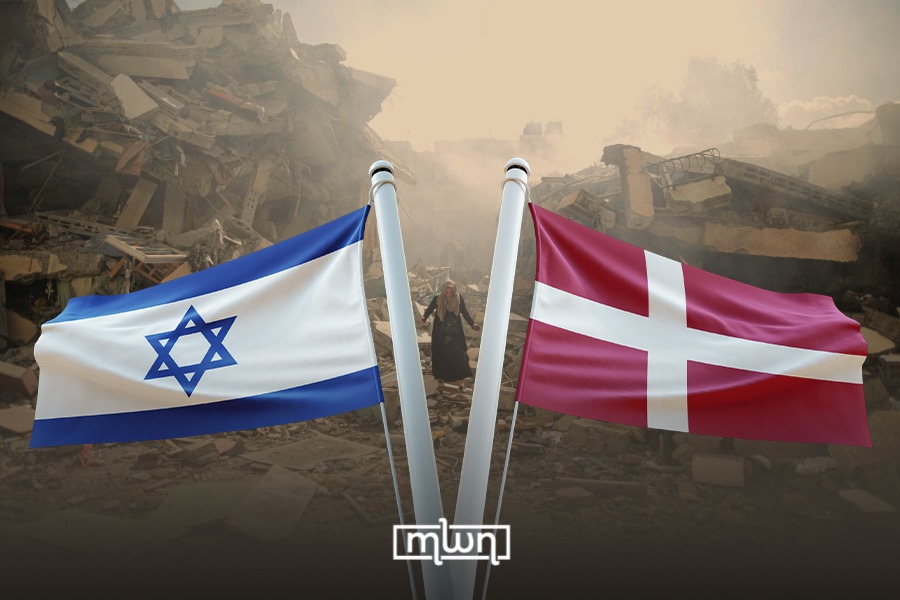Rabat — Denmark’s Foreign Minister Lars Lokke Rasmussen called on Saturday for the European Union (EU) to suspend trade agreements with Israel as economic pressure to end the ongoing genocide on Gaza.
In press statements, Rasmussen pointed out that Denmark officially supports “suspending trade agreements with Israel.” He argued that Israeli Occupation Forces’ (IOF) genocidal assaults on Gaza have lost their justification.
“Israel’s practices in Gaza go beyond self-defense, and pressure must be applied to end the war and humanitarian catastrophe,” he said.
The Danish minister’s criticism extended beyond IOF assaults and humanitarian concerns to include the political future of the genocide.
He accused Israel of undermining international efforts to achieve lasting peace, putting forward that it “destroys the two-state solution” through its policies and military assaults in Palestinian territories.
Divided Europe over sanctioning Israel
Denmark’s position joins a growing European chorus demanding concrete practical action against Israel.
Ireland, Spain, Sweden, and the Netherlands have previously called for reviewing or suspending the EU-Israel Partnership Agreement, which provides the legal framework for trade and political relations between the two sides.
These calls rely on Article 2 of the agreement, which requires respect for human rights as a fundamental element.
Despite these increasing national-level calls, the EU as a unified body remains unable to form a common position and transform these demands into practical action.
This inability reflects deep divisions among member states, with countries like Germany and Hungary opposing any measures they consider punitive against Israel.
In this context, EU foreign policy chief Kaja Kallas acknowledged fundamental disagreements among member states about how to handle the crisis.
Kallas noted that the pan-European body has already taken some limited measures against the Israeli government, but confirmed that “there is disagreement among member states on how to deal with Israel, but despite this, discussion will continue on available options in this regard.”
The European official also warned of the catastrophic consequences of the genocidal approach, saying that “a military solution is not possible in Gaza.”
She pointed out that Israel’s declaration of Gaza City as a “combat zone” only worsens the already deteriorating humanitarian situation.
While criticism grows of Israeli crimes, civilian targeting, and restrictions on humanitarian aid access, these positions have not yet translated into effective political or economic measures at the Union level.
This situation puts the EU’s credibility and ability to influence foreign policy at stake, as it always rushes into sanctioning other countries.
